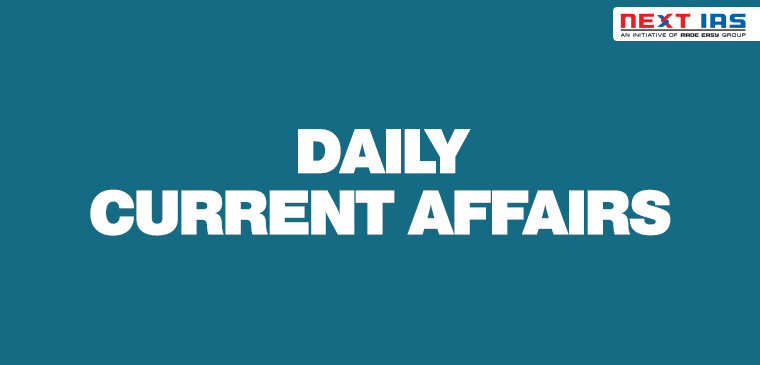
In News –
The Lok Sabha passed the Appropriation Bill 2021-22, authorising the government to draw funds from the Consolidated Fund of India for its operational requirements and implementation of various programmes.
- It was introduced by the finance minister and the bill was later approved by voice vote.
About Appropriation Bill
- It is a money bill that allows the government to withdraw funds from the Consolidated Fund of India to meet its expenses during a financial year.
- As per Article 114(3) of the Constitution, no amount can be withdrawn from the Consolidated Fund without the enactment of such a law by Parliament.
- The whole process beginning with the presentation of the Budget and ending with discussions and voting on the Demands for Grants requires a fairly long time.
- The Lok Sabha is, therefore, empowered by the Constitution to make any grant in advance in respect of the estimated expenditure for a part of the financial year pending completion of procedure for the voting on the demands.
- However, if during the course of the financial year, the funds so appropriated are found to be insufficient, the Constitution provides for seeking approval from the Parliament or State Legislature for supplementary grants.
Key Features
- The exclusive feature of the Appropriation Bill is its automatic repeal clause, whereby the Act gets repealed by itself after it meets its statutory purpose.
- Amendment
- No amendment can be proposed to an Appropriation Bill which will have the effect of varying the amount or altering the destination of any grant so made or of varying the amount of any expenditure charged on the Consolidated Fund of India, and the decision of the Speaker as to whether such an amendment is admissible is final
- An amendment to an Appropriation Bill for the omission of a demand voted by the House is out of order.
- In other respects, the procedure in respect of an Appropriation Bill is the same as in respect of other Money Bills.
Procedure
- The Appropriation Bill is first passed by Lok Sabha and then sent to Rajya Sabha.
- Rajya Sabha has the power to recommend any amendments to this Bill.
- However, it is the prerogative of the Lok Sabha to either accept or reject these recommendations.
- An Appropriation Bill is passed by the Parliament/state legislature and then it is presented to the President/Governor.
- After the assent by the President/Governor to the bill, it becomes an Act.
|
Consolidated Fund of India
|
Next article
Facts in News


